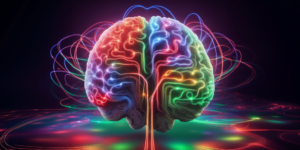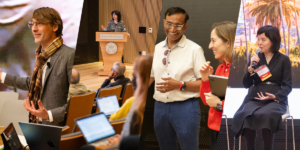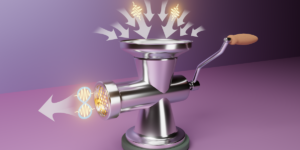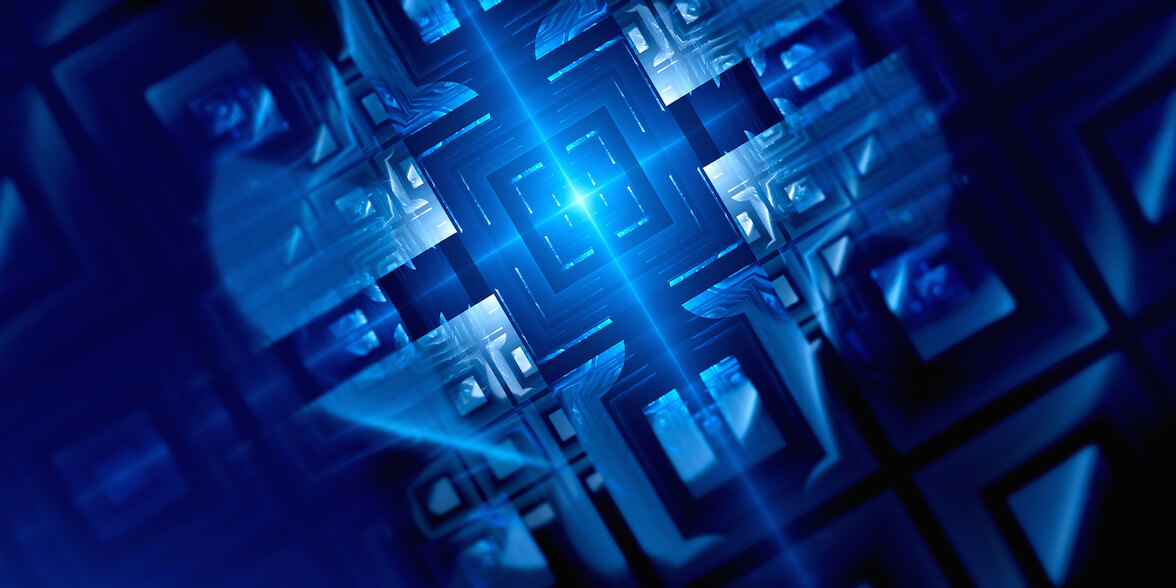
Daniel Lidar’s MURI Award team will investigate methods to overcome errors in quantum computing. Image/iStock
A research team led by Daniel Lidar, the holder of the Viterbi Professorship of Engineering and Professor in the Ming Hsieh Department of Electrical and Computer Engineering, has been named as the recipient of a Multidisciplinary University Research Initiative (MURI) Award. These highly competitive and sought-after grants support basic research projects in areas of strategic importance to the Department of Defense. Lidar’s team will receive a maximum of $6.25 million over five years.
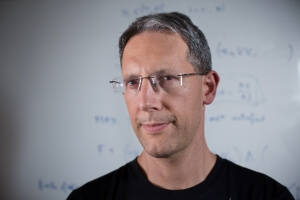
This is the second MURI Award for Professor Daniel Lidar, an expert in quantum computing. Image/USC Viterbi
Lidar, who is the Director of the USC Center for Quantum Information Science and Technology, will be collaborating with colleagues at the Massachusetts Institute of Technology and Iowa State University — along with Dr. Robert Kosut, a quantum control expert at the company SC Solutions, and a separately funded team based in Australia led by Professor Kavan Modi — to investigate quantum error correction and quantum control. These techniques hold the promise of facilitating the development of quantum computers that can be exponentially faster than the best state-of-the-art classical computers for certain problems.
“Quantum computers have the potential to solve problems that are currently impossible for classical computers, like simulating complex chemical reactions or breaking modern cryptographic codes,” said Lidar. “However, one major challenge in building a practical quantum computer is dealing with errors.”
By researching improvements in quantum error correction and quantum control, Lidar and his team aim to overcome the challenges posed by errors and the delicate nature of quantum systems.
Minimizing errors
Errors in quantum computing can arise from various sources, such as the environment (heat, radiation or magnetic fields) or imperfections in the hardware. These errors can cause qubits — which are the fundamental units of information in quantum computing — to lose their fragile quantum state or introduce unwanted changes, potentially ruining the computation. That’s where quantum error correction comes in.
One widely used method is the error-correcting code approach, which involves encoding the information of a single qubit across multiple “physical” qubits. These extra qubits essentially provide redundancy so that if an error occurs, it can be detected and corrected without losing the original information.
“Imagine a game of ‘telephone,’ where a message is passed down a line of people,” says Lidar. “If each person only whispers to the next one, errors can easily creep in. But if everyone repeats the message to multiple neighbors who share the messages they received, it becomes easier to identify and correct any mistakes. Quantum error correction works in a similar way, but with qubits and quantum correlations called entanglement instead of correlated people.”
Ensuring accuracy
Lidar’s team will be looking at how quantum error correction intersects with quantum control, which involves manipulating quantum systems to perform specific tasks or computations. Quantum control focuses on the precise control of qubits to ensure that the desired quantum operations are executed with high accuracy.
“The need for quantum control arises because it’s crucial to accurately perform the quantum operations while minimizing errors and maintaining the qubits’ coherence, which is the ability to maintain their quantum state,” said Lidar.
Achieving precise quantum control is challenging because quantum systems are so prone to errors. Lidar and his team will be exploring how to improve the effectiveness of quantum control approaches, including open-loop and closed-loop control, in dealing with unexpected errors.
Leading the charge
This is the second MURI Award team that Lidar will be leading. The current project will build on results from the quantum computing research he spearheaded with a MURI Award in 2011.
Lidar, who has also been the recipient of a Guggenheim Fellowship for his groundbreaking work in quantum computing, notes that his research group at USC Viterbi has a longstanding collaboration with the researchers at both MIT and Iowa State University, dating back to the previous MURI Award and even earlier in the case of MIT.
“It’s incredibly exciting to have our team selected for this award,” said Lidar. “We’ve assembled some of the top people globally working at the intersection of quantum error correction and quantum control and worked long and hard to put together a competitive proposal. We’re all very gratified that our ideas were selected for funding, and we’re eager to start work on them as a team.”
Published on May 2nd, 2023
Last updated on May 16th, 2024




